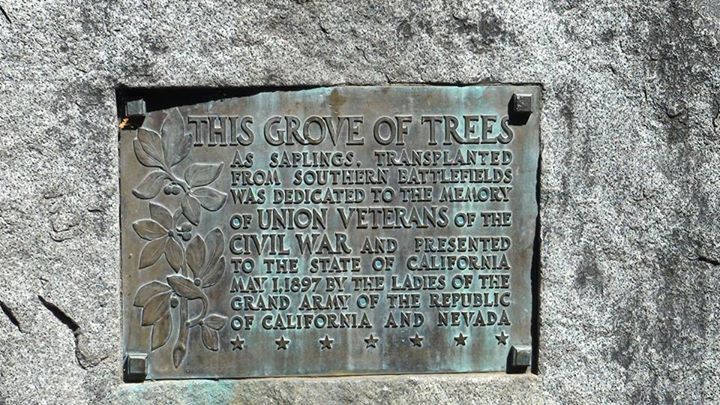
Thursday, 1 August 2013
Who is he who condemns? It is Christ who died, and furthermore is also risen, who is even at the right hand of God, who also makes intercession for us. Romans 8:34
In the preceding verse it was implied through a rhetorical question that no one could bring a charge against God’s elect because it is God who justifies. In continuation of our surety over the forces which would presume to come against us, Paul now asks his next question, “Who is he who condemns?” Like the previous question, the answer demands a “No one!” And then comes the explanation, “It is Christ who died.”
Christ died for us. He became our substitute. His death paid our penalty, carried away our sin, and restored to us a propitious relationship with God. His righteousness has been imputed to us! Sin no longer separates us from the One who created us. So who then could condemn us? It’s simply not possible. And there is more…
“Furthermore” Christ “is also risen.” His death and resurrection take us back to Romans 4:25 –
It was He, “who was delivered up because of our offenses, and was raised because of our justification.”
Not only died Christ pay our penalty, carry away our sins, and restore our relationship to God, but He was raised for our justification. The resurrection proves these things for the soul who believes. This is why Paul ties the resurrection in with our calling on Jesus (Romans 10:9). Who would call on a dead Lord? But we don’t call on a dead Lord. Instead, we call on the risen Christ “who is even at the right hand of God, who also makes intercession for us.”
Christ died for our sins, was raised for our justification, and is now performing His functions as our Mediator and our Advocate. He is interceding for us from the position of authority, symbolized by the term “right hand of God.” This doesn’t mean God has body and is sitting on an actual throne with Jesus sitting on another throne next to Him. Rather, Jesus is in the position of God’s authority.
Because He has done all these things, and because all authority has been granted to Him – who has done all these things for us – then how could another condemn us? It isn’t possible. We are in Christ and fully protected from any external force which would dare attempt to do so. Such is the honor and blessing of being a child of God.
Life application: No person, no demon, no devil can condemn you. There is a far higher and greater power who has you completely safe and secure in the palm of His hand. When you feel the accusation of Satan telling you that you aren’t worthy, remind him that though that may be true, Jesus is worthy and you are in Him. No charge can stand against God’s elect.
Lord, sometimes Satan tells me that I am unworthy of the blessings you’ve bestowed upon me. And I know it is true, but I remind him that though I am unworthy, I am in You – My faith is in You, my trust is in You, my hope is in You. Though I am unworthy by myself, in You I have all the rights of a child of God. Thank You Lord for bestowing upon me that which I do not deserve. Thank you for Jesus. Amen.




